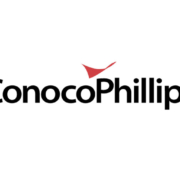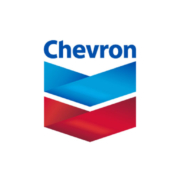ConocoPhillips – sharing in the supply chain
Submitted by ConocoPhillips
Impact
Third party operator faced a very costly delay in imminent drilling operations (three months) in the absence of the equipment that was shared.
Description of Best Practice
Who hasn’t had a neighbour knock on your door to ask if they can borrow something? A lawnmower, rake or a power tool perhaps. But borrowing a riser equipment system costing £1.5MM?
That was the request that ConocoPhillips received on Wednesday 2 September. The request came through the supply chain and was ultimately for a third party operator. The supplier to the third party operator had suffered a manufacturing delay and needed the equipment imminently for ongoing operations over the next six months.
ConocoPhillips reviewed its needs and assessed that it did not need the equipment in the requested time frame. With the right attitude and cooperation between all parties the necessary arrangements were put in place within the week. The riser equipment was mobilised with no delays incurred in the third party operations.
Lawyers are very often the last party in the chain when it comes to negotiating agreements and occasionally are seen as a bottleneck in the process. In this case, in the absence of a standard agreement, they moved quickly to draw up something fit for purpose.
External Affairs Manager Barry King comments: “I was only briefly involved when the request came in but I was curious to find out how it had concluded. I asked a few questions and was so pleased with the behaviours and outcome that I felt the need to share the story with others.”
Contact: Barry King, ConocoPhillips (U.K.) Limited



